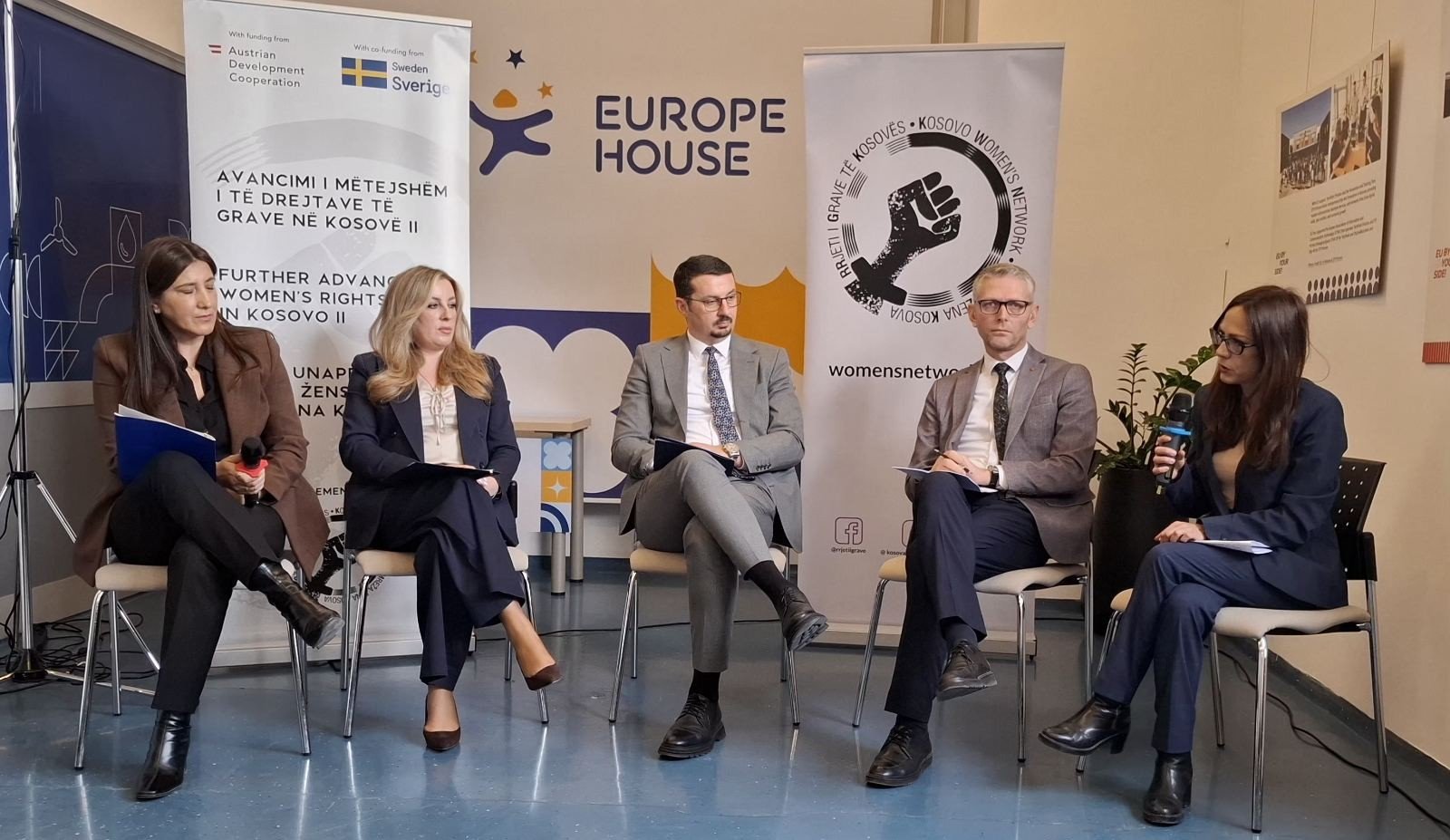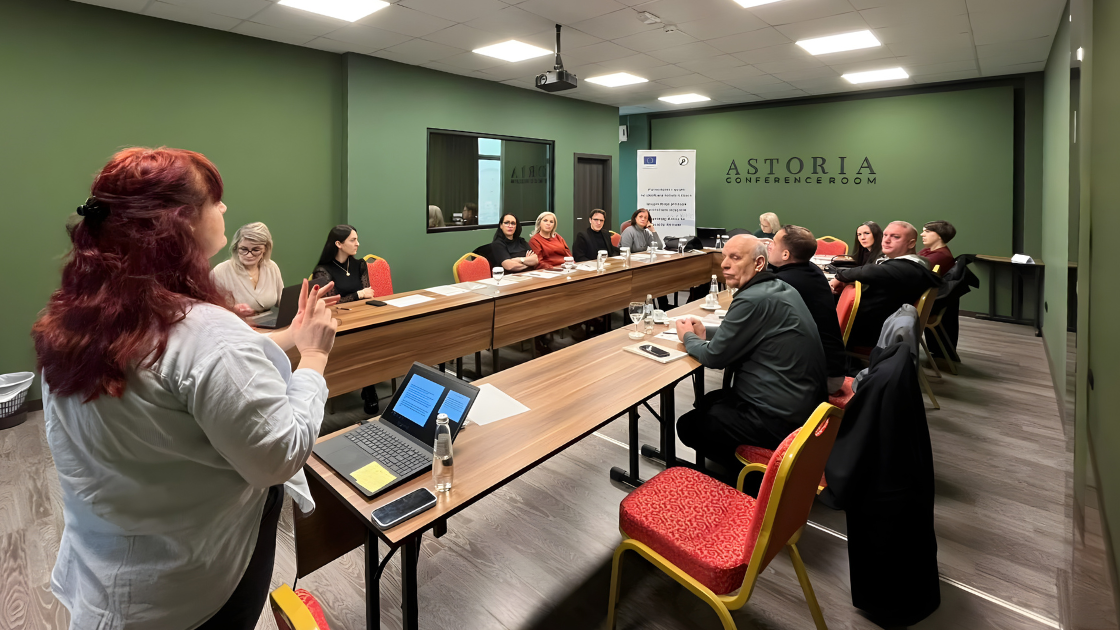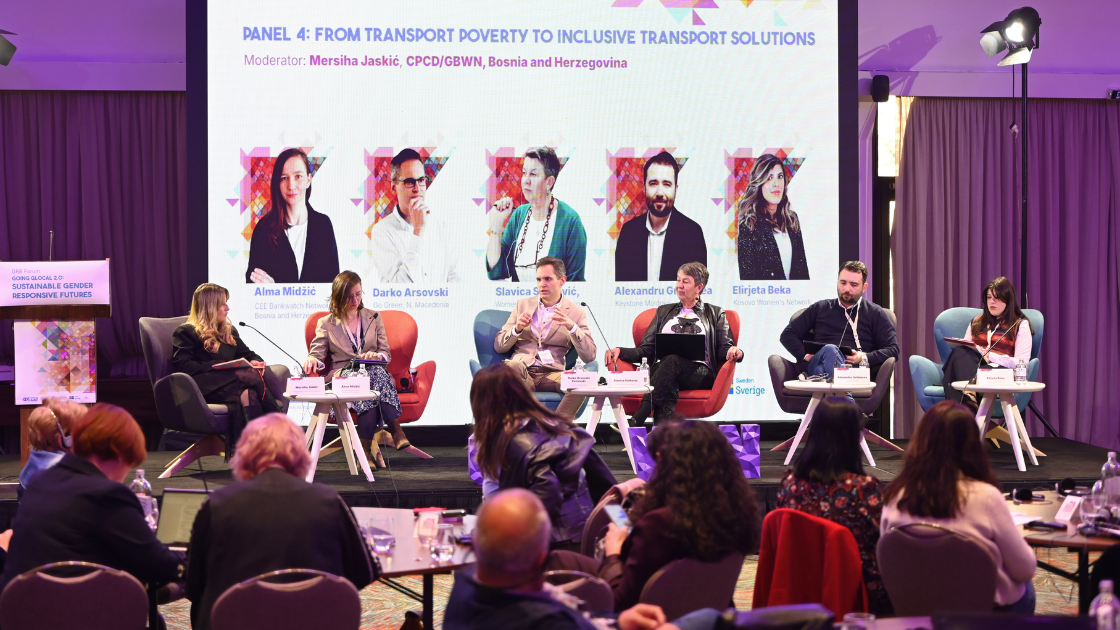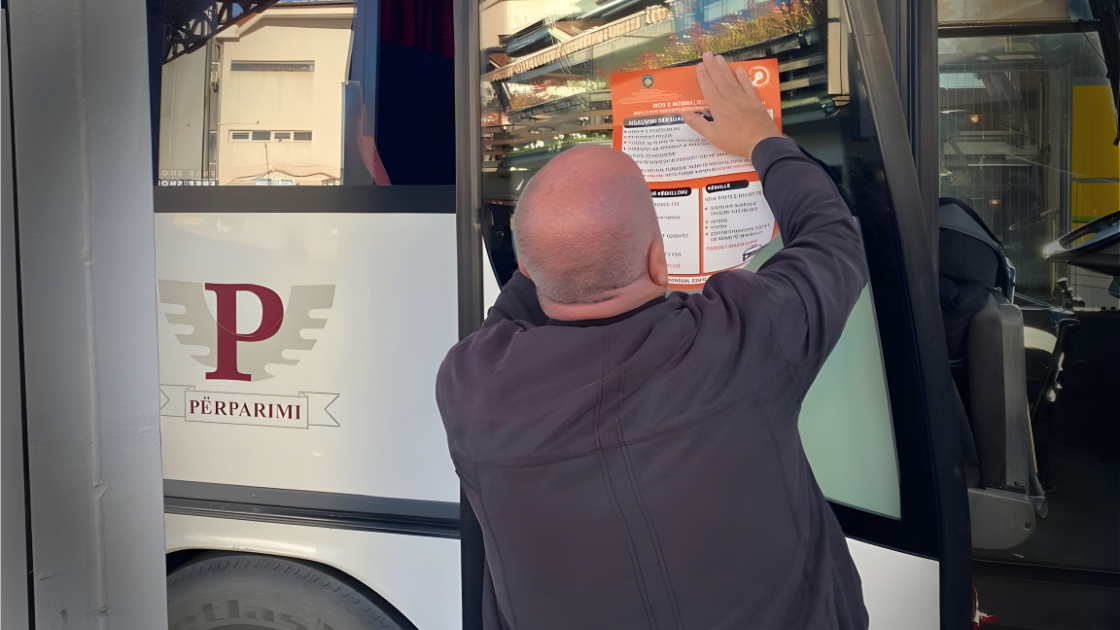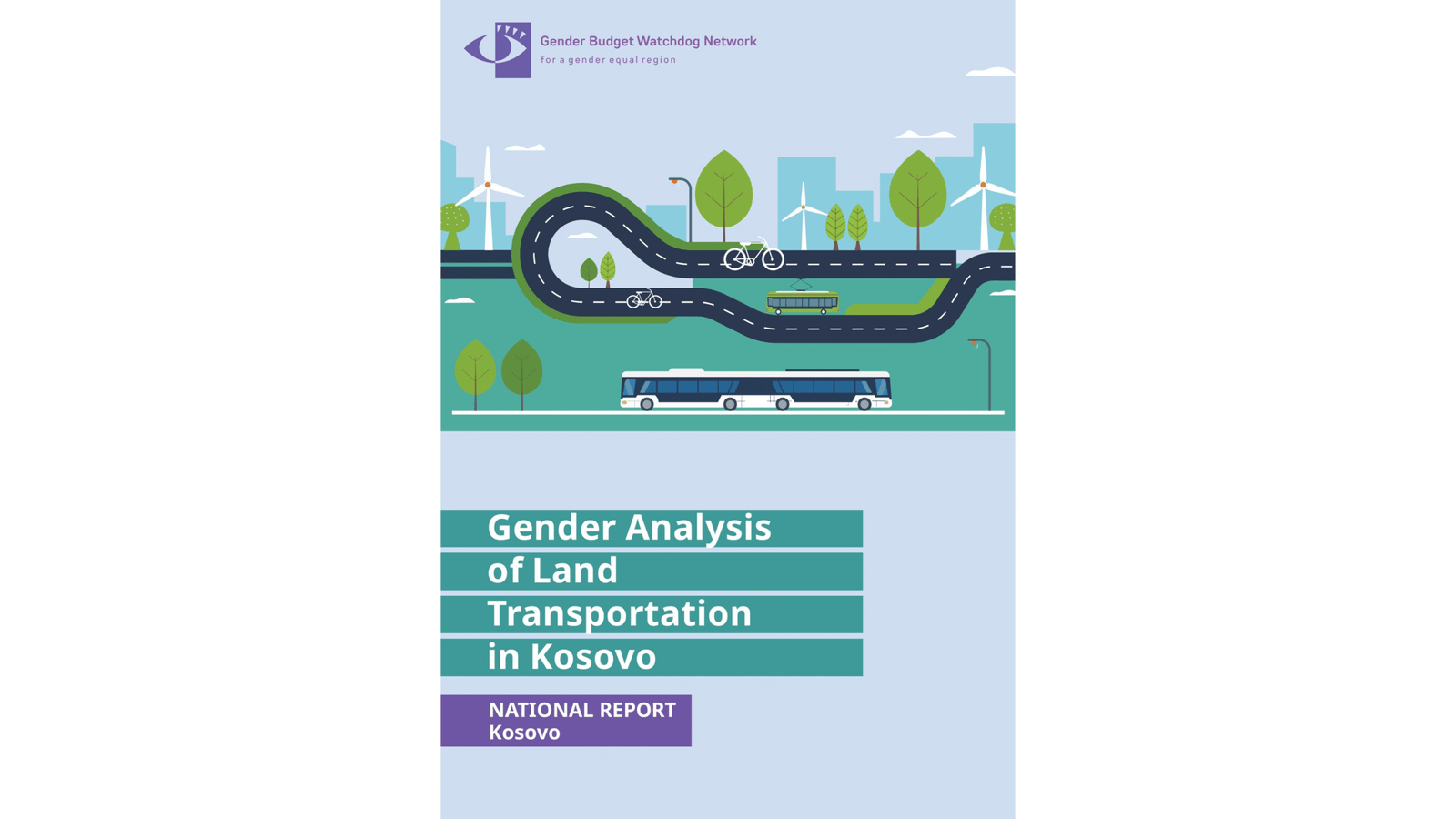Nermin Mahmuti has been a member of the Board of the Kosovo Women’s Network (KWN) for several years. Now, for the second time, she holds the role of chairperson of this board, a position she views more as a collective responsibility than as individual power. According to her, the chairperson’s work is not separate from the commitment of the other board members—it is a shared voice that speaks on behalf of everyone, always in harmony and through joint decisions.
For Mahmuti, the motivation to be part of the KWN is clear: a deep belief in the mission and role this organization plays in the public and political life of the country.
“The Network is a very important organization whose mission is the role of women and girls in all fields of life, and it is unique in terms of what it does—it is a voice that has brought about change in Kosovo,” she emphasizes.
In a challenging period for civil society organizations, especially with the decrease in financial support from international partners, Mahmuti has focused her attention on one of the most critical aspects of institutional survival—securing funds.
“There will be future consequences from the withdrawal of American state support for funds, and this is also present in other countries. The focus will be on lobbying and finding new funds in the future, because not only the Network but all of civil society will be in a financial crisis—and this is the challenge.”
In addition to her strategic role, Mahmuti also shares a personal advantage that makes her sensitive to the KWN’s challenges—her experience as a director of a civil society organization. This has given her a particular sensitivity to the administrative, financial, and structural difficulties that organizations face daily.
“I myself am in the shoes of a director of a civil society organization, and I know the pains and challenges, which is why it’s easier to understand the Network’s challenges,” she states.
For her, the Board’s role does not stop at moral support but requires concrete dedication to lobbying and raising their voices to secure the necessary support for the organization and its work. She says that the Network, under the leadership of Igballe Rogova and with a dedicated staff, has managed to keep alive a mission that is essential for Kosovar society.
But Mahmuti doesn’t stop there. She has a strong call to the new generation of women and girls who are growing up in a reality that, according to her, is showing alarming signs.
“My message is for girls to be a bit more active regarding the rights that belong to them—no one has given them these rights. Unfortunately, what I am observing as a woman who belongs to a slightly older generation—some problems are emerging in families—various abuses, and I fear that we are moving backward,” she says.
This concern is a call to action. For her, the protection of rights is not a finished battle but a process that requires continuous vigilance and involvement.
“We must continue to work on advocacy, and young women and girls must be more vocal—to raise their voices when needed—in the family, in society, and in the community,” she says.
Finally, Mahmuti emphasizes that equality and empowerment cannot be achieved without the involvement of everyone—including men.
“Feminism must also have a contribution from the male gender—because the only way to achieve success is when we are all together,” she said.
Nermin Mahmuti’s voice is clear, determined, and unstoppable—a voice that not only represents women but calls on all girls never to be silent.

